The SEAD Project
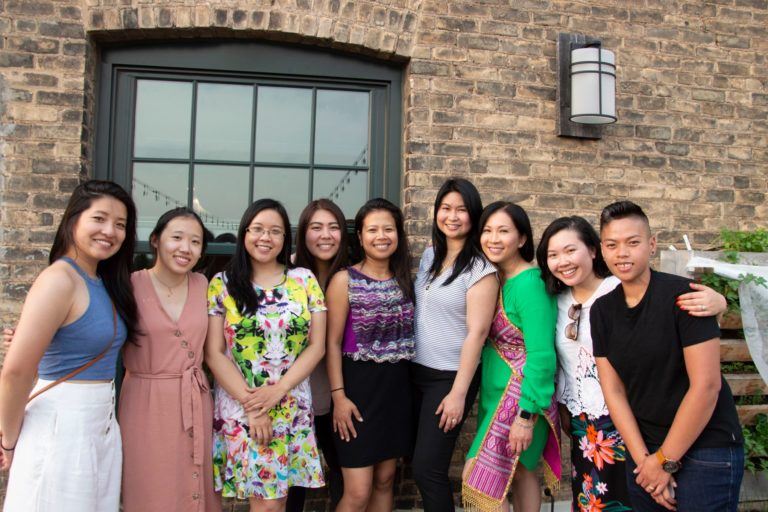
Chanida Phaengdara Potter has “community architect” in her title. However, she’s less about building from the ground up and more interested in reclaiming and reframing what already exists, including narratives of and about communities of the Southeast Asian diaspora, their cultural assets, and who controls both. In 2011, she started the blog Little Laos on the Prairie, which grew into what is now The SEAD Project (Southeast Asian Diaspora). The SEAD Project became a 501(c)(3) in 2015, and its mission is to be an accessible creative hub that provides streamlined workshops and tools to engage and share knowledge in Khmer, Hmong, Lao and Viet diaspora communities. In addition to community architect, Chanida is also the executive director of The SEAD Project.
“What does it look like to amplify the voices in our community, give them agency toward self-determination, and how do we do that through language and storytelling? What are our cultural assets?”
Chanida Phaengdara Potter, Executive Director & Community Architect, The SEAD Project
Reframing the Narrative as an Act of Healing
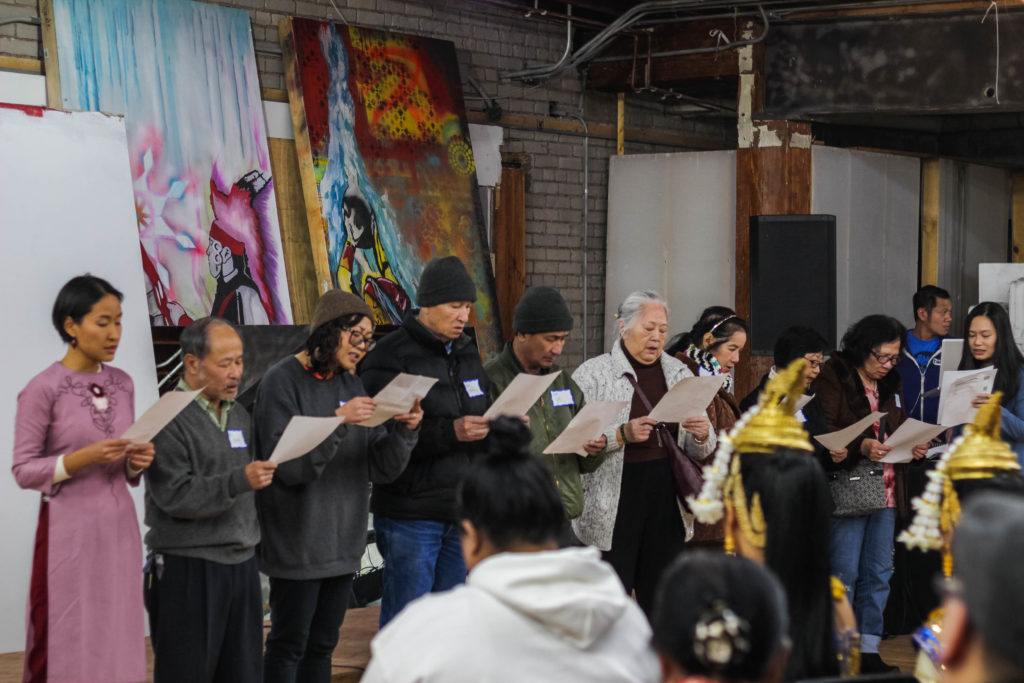
Like any good architect, Chanida starts with a vision of what could be, and as a storyteller and community connector, she uses questions to help others co-create that vision. “What does it look like to amplify the voices in our community, give them agency toward self-determination, and how do we do that through language and storytelling? What are our cultural assets?” she asked. The SEAD Project team is driven by figuring out how to use cultural assets as a way for Southeast Asian immigrants and refugees to have voice and agency over their stories and their future.
While some may think of storytelling as a marketing trend, The SEAD Project knows the legacy of storytelling is one of many long-held cultural assets. “In our communities, storytelling has always been a historical practice,” said Chanida. “It’s in our blood and in our ancestors’ practice.” But, to say storytelling is a form of healing is not necessarily true for her. “A movement elder reminded me that the act and process of storytelling aren’t actually healing, it’s the reframing that’s healing.”
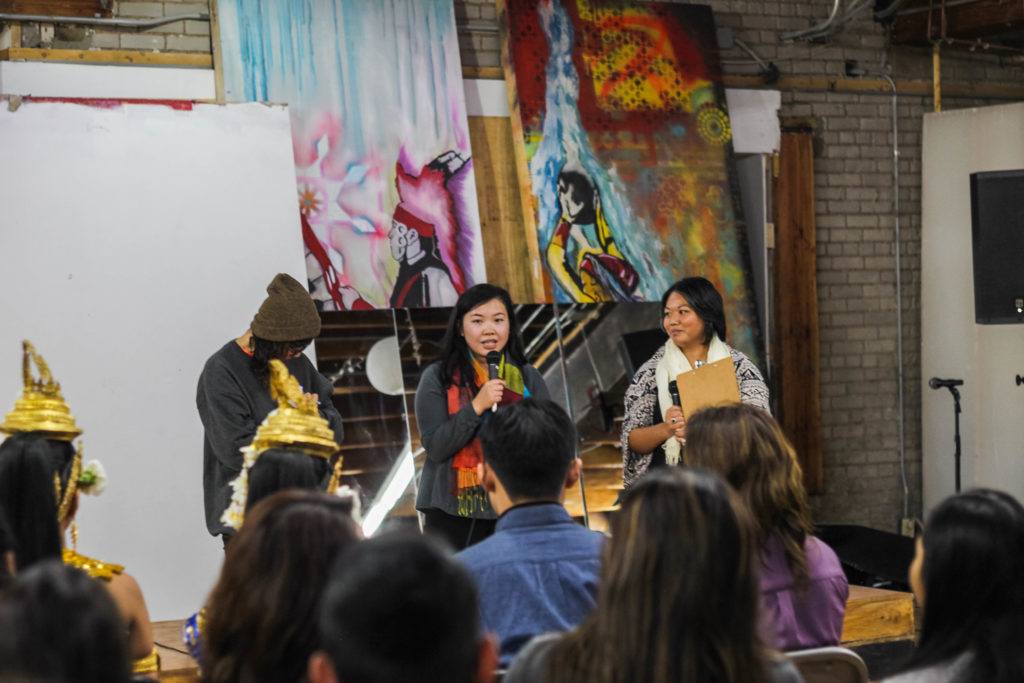
One example of reframing in action came when The SEAD Project was asked to collect stories on war and memory. “We said no, we’re going to collect stories about resilience, as well,” said Chanida. Given that Minnesota is home to one of the largest Southeast Asian communities in the country and has had several important Hmong political figures and community activists, The SEAD Project wants to lift up those stories. “We’re trying to talk about communities that have historically been invisible. People forget the work of Southeast Asian figures that have powered a lot of movements not just here, but nationally,” said Chanida.
Planting SEADS: Southeast Asian Diaspora Stories is a collection of stories on resiliency written by Chanida, as well as by Pheng Thao, mk nguyen, and Narate Judie Keys. It pulls from stories across generations and includes perspectives of Vietnam war veterans, activists, folks who lived through French colonialism, and others. The SEAD Project uses a very intentional approach to collect and share these stories, pairing storytellers with artists and healers.
Just this year, The SEAD Collective launched a new enterprise to do more of this work in partnership with other justice-minded organizations: So͞on Storytelling Shop. So͞on is a Lao word that means both camp and zero. In another example of reframing, SEAD is redefining so͞on to acknowledge the spaces and cultural assets its communities hold. It will help others create literary and visual storytelling for social good. The So͞on shop will sell goods like prints, mugs, and bags created and inspired by Southeast Asian imaginations and heritages. All proceeds will support The SEAD Project’s work.
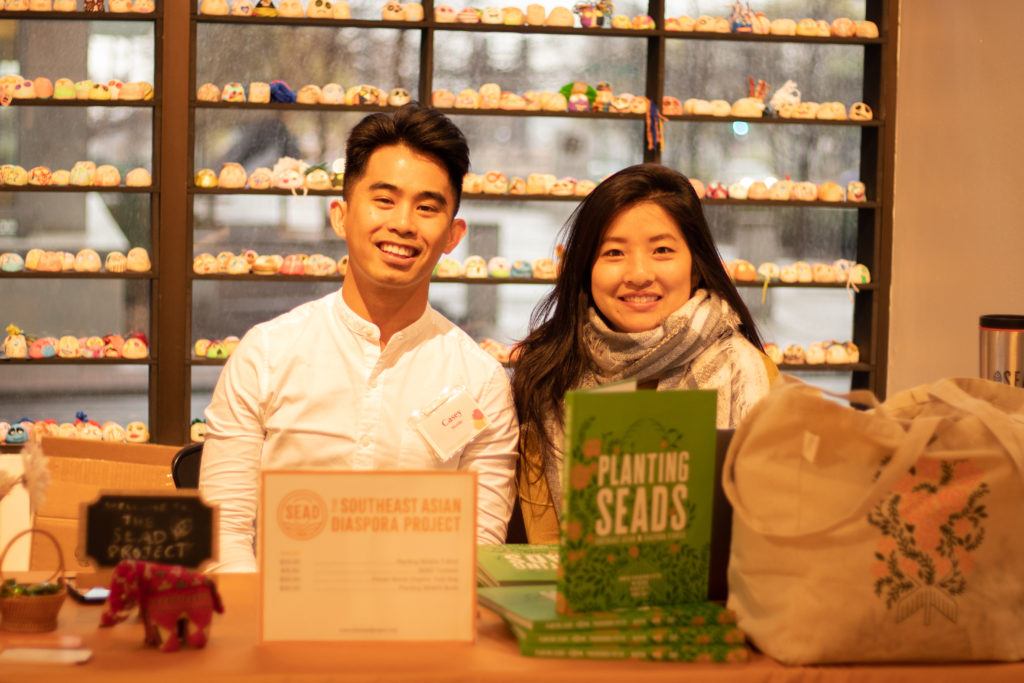
Building Internal Financial Leadership
The SEAD Project has been working with Propel Nonprofits’ accounting and finance team for the past year as they transitioned from the emerging nonprofit life cycle into a growth phase. “I had all these shoeboxes of receipts and I didn’t want to deal with it,” laughed Chanida. Rather than providing outsourced accounting services, Propel’s accounting and finance consultant John Skillings worked one-on-one with The SEAD Project’s operation manager, Katherine Nguyen, to build financial expertise within the organization.
In college, Katherine was torn between accounting and management information systems but accidentally fell into financial management roles. Yet over the past year of working with John, she has taken on the accounting role that many organizations their size often look to outsource. She’s using QuickBooks Online to record deposits and create monthly financial reports for internal and board review, and preparing cash flow forecasts, dashboards, and financial narratives.
Chanida herself participated in Propel’s Financial Leadership Cohort, a six-month training program focused on how to use finance as a lens for strategic leadership. She partnered with Propel Nonprofits’ accounting and finance director, Mary Ann Ehlshlager, to apply a financial strategy lens to new business model changes, such as the addition of So͞on and special event fundraising and how to establish a diversified fundraising plan.
While John will continue to provide some accounting support and coaching, Chanida and Katherine have both taking on the role of financial leaders (in addition to their other hats), saving the nonprofit thousands of dollars by not needing to outsource that skill set. “Propel’s collaboration with The SEAD Project has been one of the most gratifying partnerships in my career,” said Mary Ann Ehlshlager, Propel’s accounting and finance program director. “The organization has visionary leadership, committed volunteers, and a conscientious board – vital ingredients for delivering mission success. Those stakeholders are all passionate about the importance of storytelling so our shared task has been to develop the tools and skills required to tell The SEAD Project’s financial story.”
To learn more about The SEAD Project (and to check out the products and services through the So͞on Storytelling Shop) visit its website: https://www.theseadproject.org/.
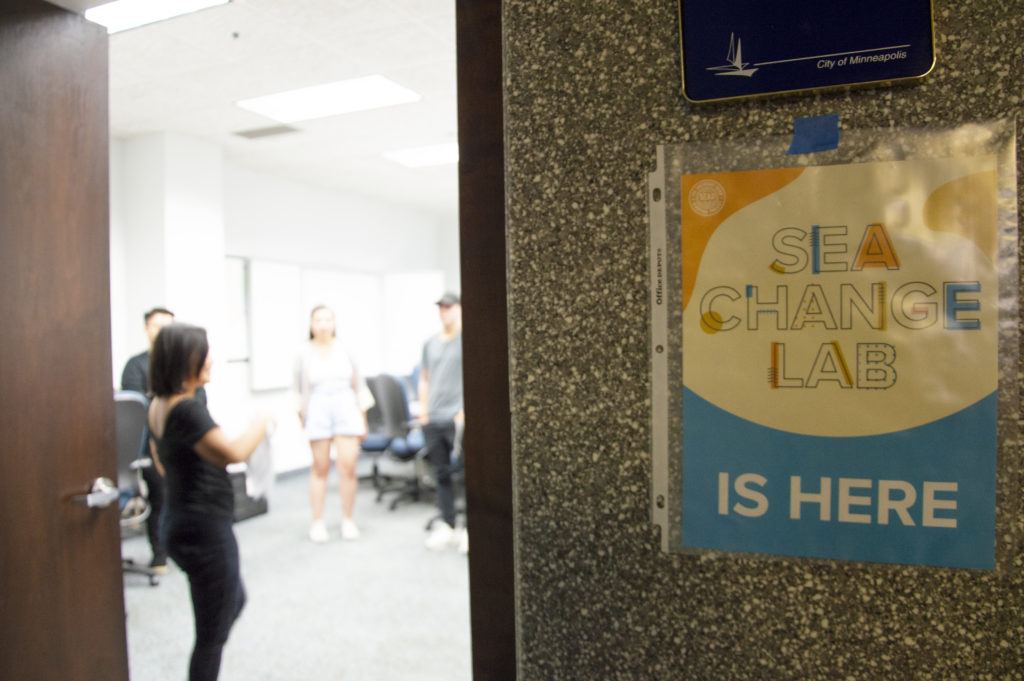
Photos courtesy of The SEAD Project
